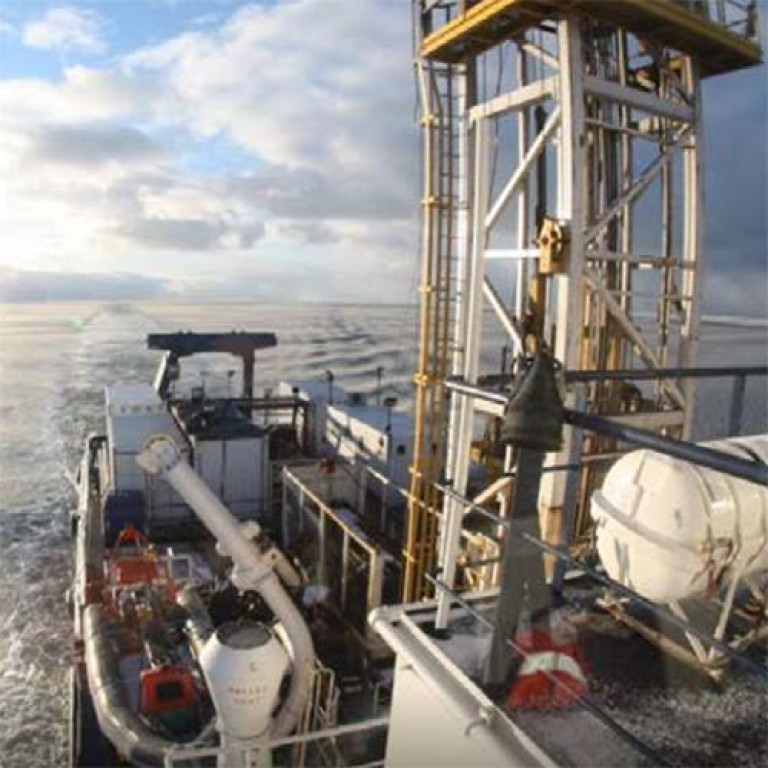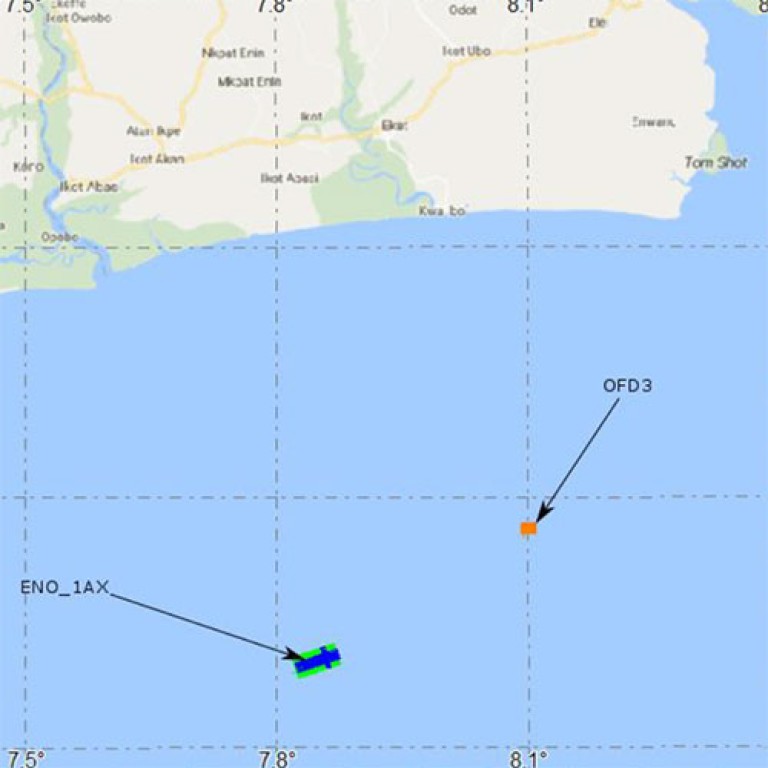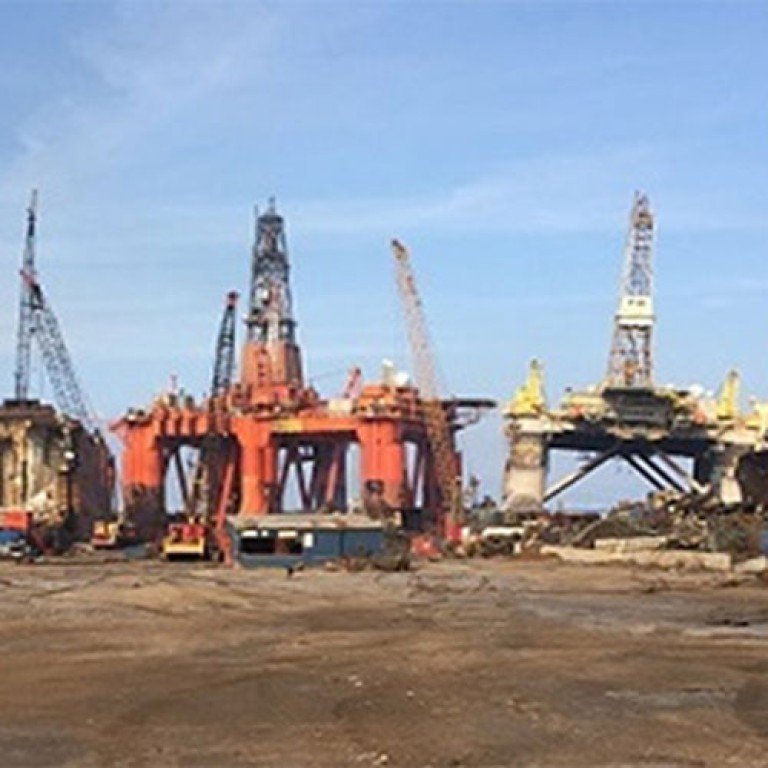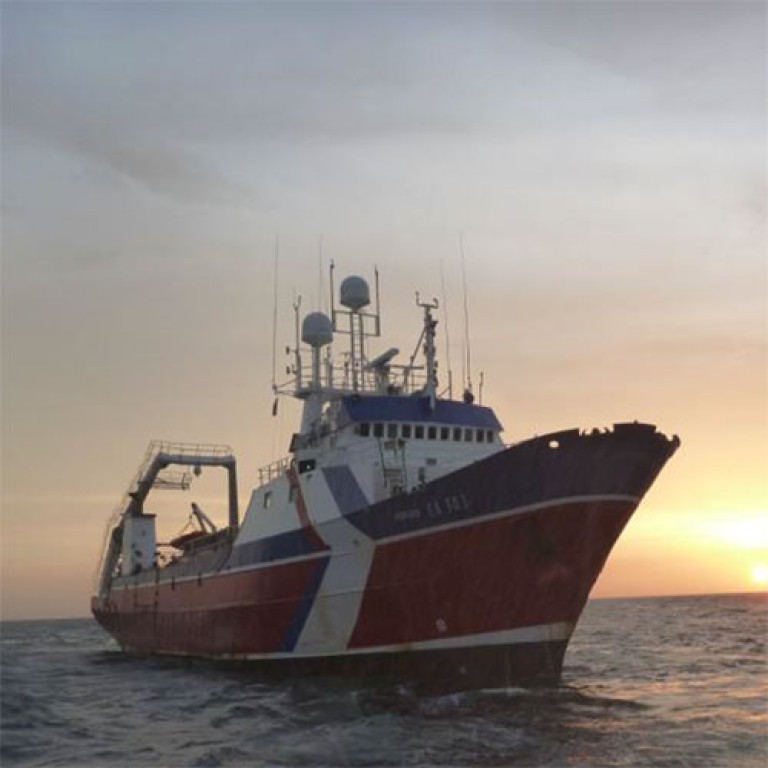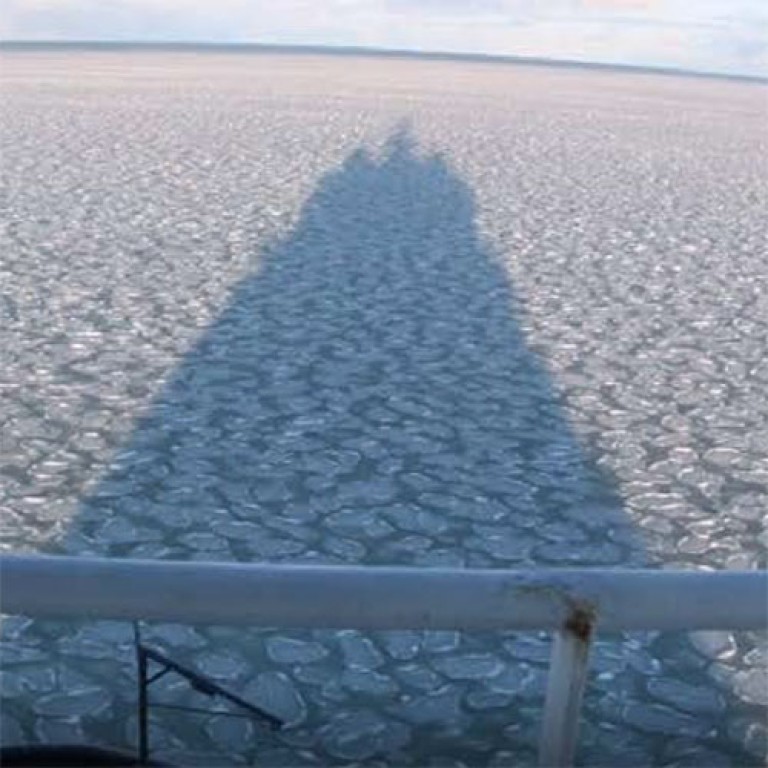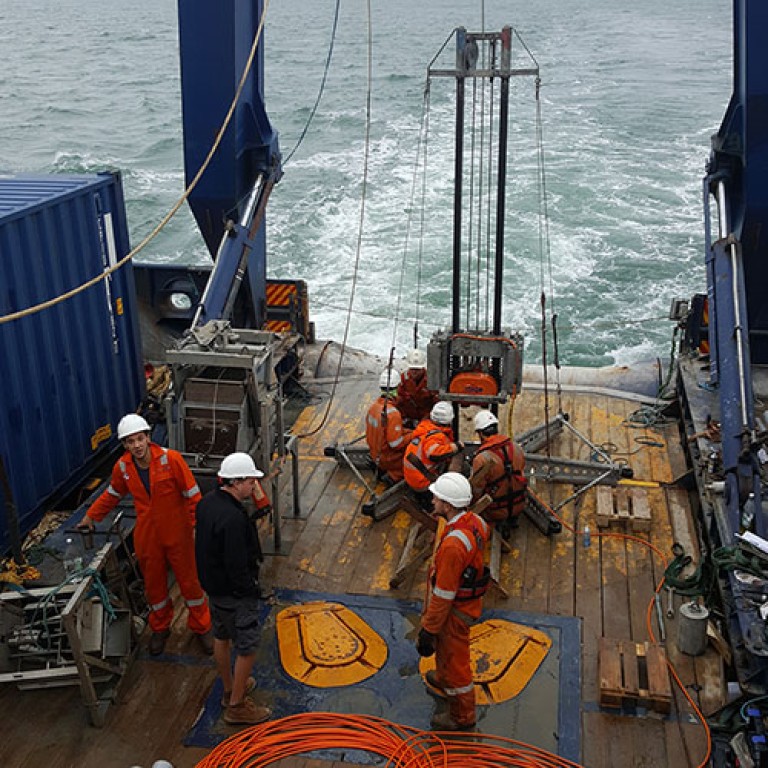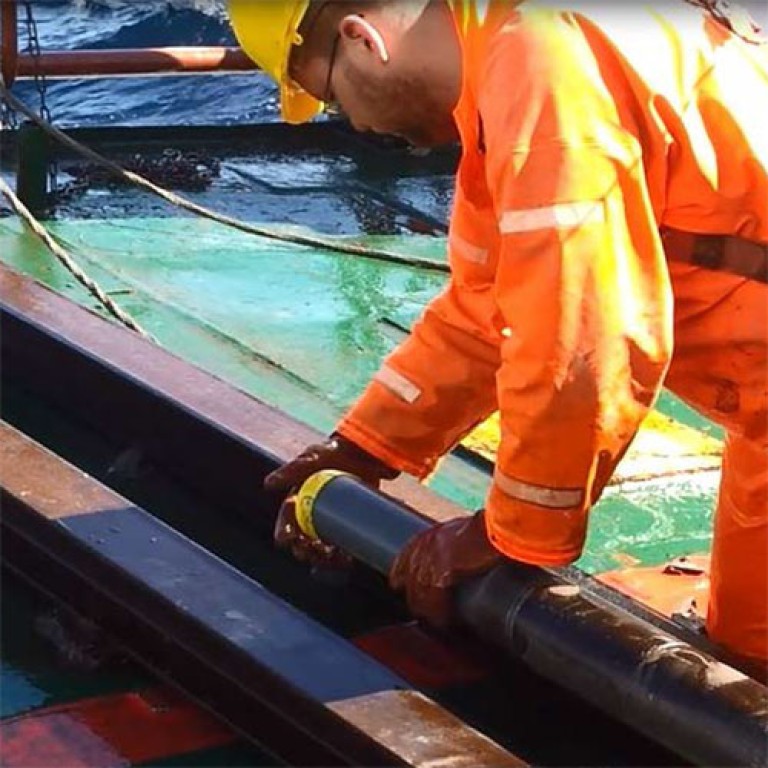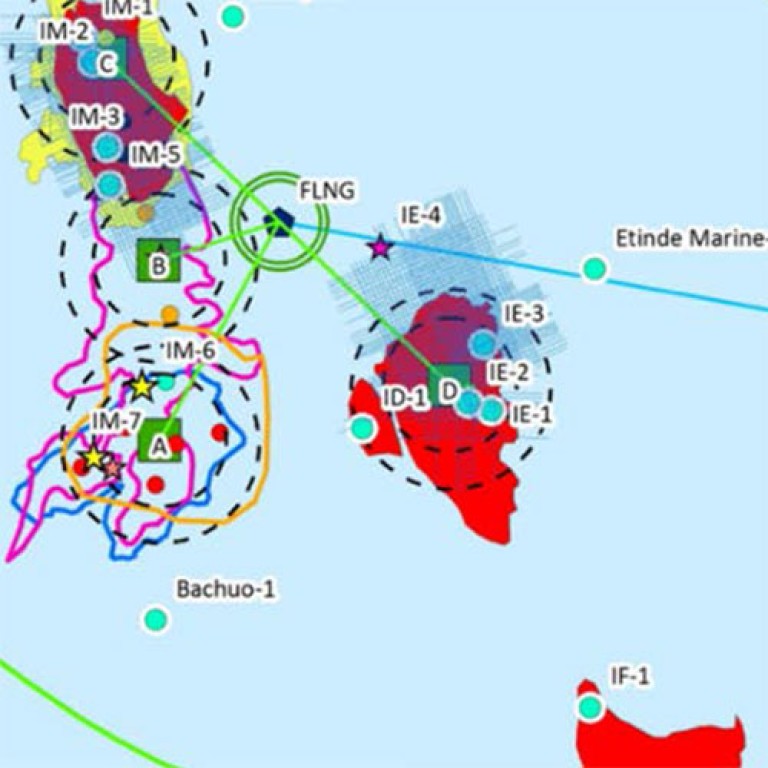Enviros in partnership with Nalcor Energy performed an integrated geochemical and seabed sampling investigation offshore Newfoundland and Labrador, Canada. Areas targeted comprised regions ranging from 500m to 3,300m water depth. The scope of work was to recover appropriate soil samples to determine evidence of oil-bearing basins. This objective was achieved through seabed sampling to enable the development of lithography of selected sample areas and the detection of natural oil seeps. All core locations were sampled utilised conventional geochemical sampling methods as well as passive Amplified Geochemical Imaging (AGI) techniques.
Deep-water multibeam echo sounder techniques provided high-resolution bathymetry within the primary areas of interest. This data enabled the differentiation between seabed pockmarks and iceberg plough marks allowing positive identification of active seeps. Over 100 deep water locations were investigated with strict adherence to sub-sampling protocols of recovered cores. Enviros performed all core sampling and complementary site survey activities from RV Coriolis II; mobilised with a high-speed coring winch for safe and efficient operations at all deep water locations.
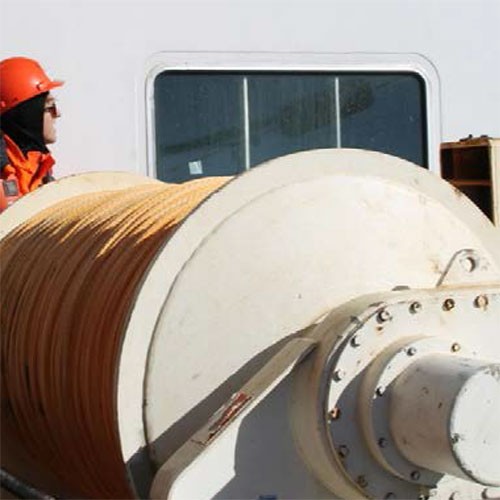
Project Organisation
Enviros was responsible for performance of all pre-mobilisation, mobilisation, fieldwork, demobilisation and associated onshore laboratory testing and reporting. A senior Enviros Project Manager with >15 years relevant offshore site survey / investigation experience was appointed on contract award and responsible for each project phase and Client liaisons throughout. The Enviros Project Manager appointed an experienced Enviros Offshore Project Manager for all fieldwork operations.
The Project Manager had the role of managing day-to-day issues relating to the project, based onshore in the Enviros head office based in United Kingdom. The Offshore Project Manager was responsible to ensuring that the project was completed in accordance with Enviros procedures and to Client specifications. Responsibilities include, but not limited to being the immediate point of contact for any Offshore Client Representatives, ensuring project QHSSE procedures are adhered to during all offshore operations; this is to include mobilisation, field calibrations and checks, project tasks, post project calibration checks and demobilisation; and the production or approval of all necessary field reporting.
